Special roundtable discussion: What should the fourth generation visa be like? - As a framework for developing human resources who will lead the future of Japan-Brazil exchange -

If the fourth-generation visa is a success and fifth and sixth generation Japanese are able to come to Japan to work and learn about Japanese culture, then surely this visa system could be an important system that will determine the future of the Japanese community? Based on this understanding of the problem, we held a roundtable discussion with Fukasawa Masayuki, editor-in-chief of the Nikkei Shimbun, and invited Shimano Patricia, a former dekasegi worker who became a lawyer in Brazil after returning to Brazil, and Nagai Yasuyuki, executive director of the Center for Information and Assistance for Overseas Workers (CIATE), who is at the forefront of dealing with dekasegi issues.
(This roundtable discussion was held in June 2018 and has been revised to reflect changes in circumstances since then. Reprinted from the Nikkei Shimbun .)
Stories from this series
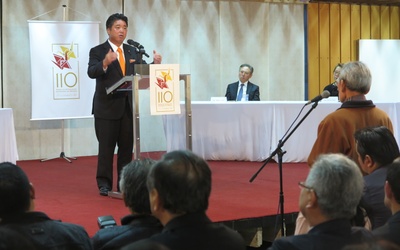
Final Part: Possibilities for a Working Holiday Visa
Nov. 26, 2018 • Masayuki Fukasawa
Read Part 10 >> [Nagai] Oh, we haven't talked about working holidays yet... [Fukasawa] Ah, that's right, WH! [Nagai] Isn't this important? (laughs) [Fukazawa] After all, it would be a mistake to have a visa system that is only for Japanese descendants. I would like to see an agreement between the World Health Organization and Japan/Brazil to create a system that allows Brazilians who love Japan to experience Japan, and I would love to see it implemented on a scale …

Part 10: Japanese communities as a buffer zone between Brazil and Japan
Nov. 19, 2018 • Masayuki Fukasawa
Read Part 9 >> [Nagai] But I wonder why Japanese people preserve their traditions. Is it a characteristic of Asian people? [Fukazawa] It's because they are different from the European culture that is the basis of Brazilian society, and I personally think that the more discrimination there is, the more culture and community remain. Because they are discriminated against, the culture takes root and remains as a reaction to each other. I think that if the next generation of Japanese …
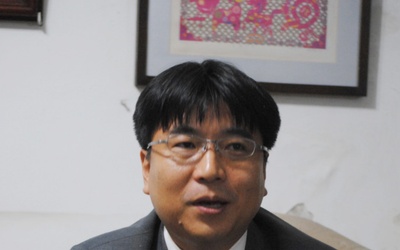
Part 9: The ever-increasing number of foreign workers
Nov. 12, 2018 • Masayuki Fukasawa
Read Part 8 >> Are there no Japanese people working in Japanese convenience stores? [Nagai] If you look at the statistics on foreigners in Japan, you can see that when I came to Brazil from Japan, there were about 100,000 Vietnamese people. But in the last three years, that number has increased to 260,000. That's an increase of 160,000. So when I talk to people who have returned to Japan temporarily, they say, "Even when I go to a convenience …
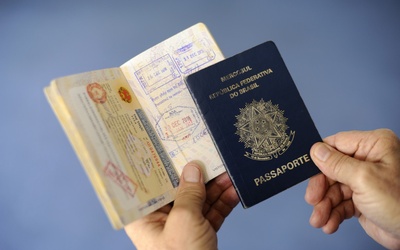
Part 8: The advantages and disadvantages of naturalizing in Japan
Nov. 5, 2018 • Masayuki Fukasawa
Read Part 7 >> [Nagai] That's right. So, the case of Brazil is interesting. If you're born in Brazil, you're Brazilian, right? And if you're born in Japan, you're Brazilian, right? Well, there was a time when the constitution changed and people born abroad became stateless, but now all children of Brazilian nationals become Brazilians, even if they are born in a foreign country such as Japan. In the case of Japanese people, if a child of a foreigner is …
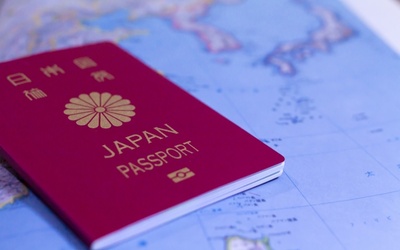
Part 7: The "call" system as a framework
Oct. 29, 2018 • Masayuki Fukasawa
Read Part 6 >> Wouldn't it be good if Japan had a "visit visa"? [Fukazawa] That got me thinking, it seems like the majority of Japanese people already have relatives who are living permanently and settled in Japan. So I think it's possible for those people to "invite" them. And if they are the ones inviting them, then they will end up playing a role similar to that of a supporter. Even under this system, even Brazilians with "permanent resident …
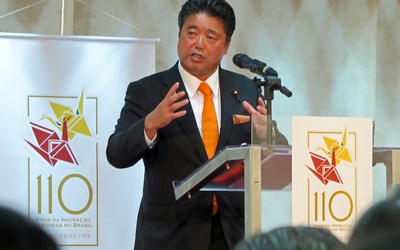
Part 6: Fourth generation immigrants: strict conditions for visa issuance
Oct. 22, 2018 • Masayuki Fukasawa
Read Part 5 >> Why are they stricter on Japanese people but more lenient on other foreign workers? [Nagai] Also, in 1990 and 1995 when Professor Patricia went, the difference in GDP per capita between Japan and Brazil was about 10 times, so if you worked in Japan for a few years, you could buy an apartment here, buy a car, or open a company. That's why it made sense to go to dekasegi. However, recently the gap has narrowed …


